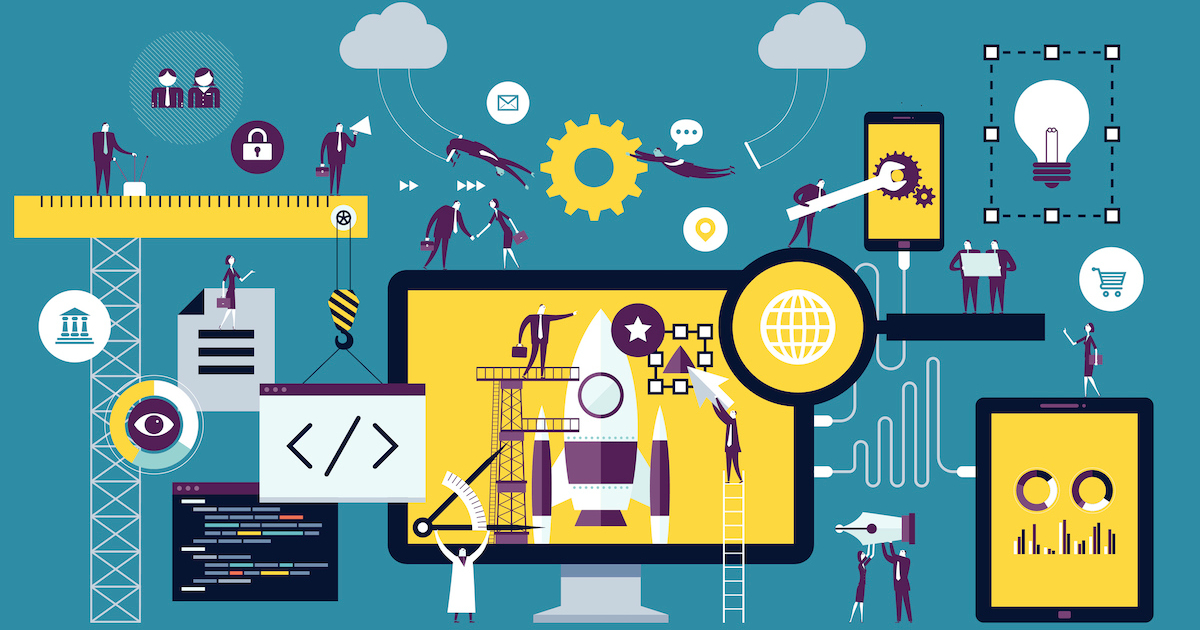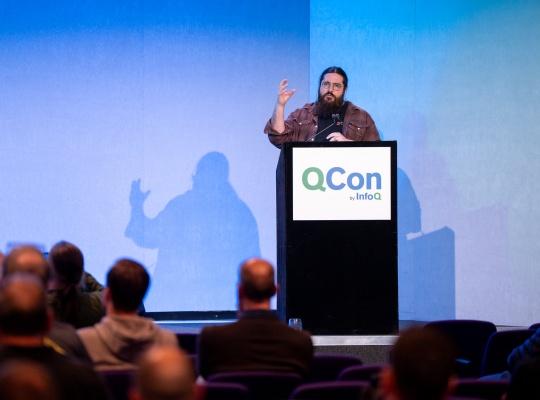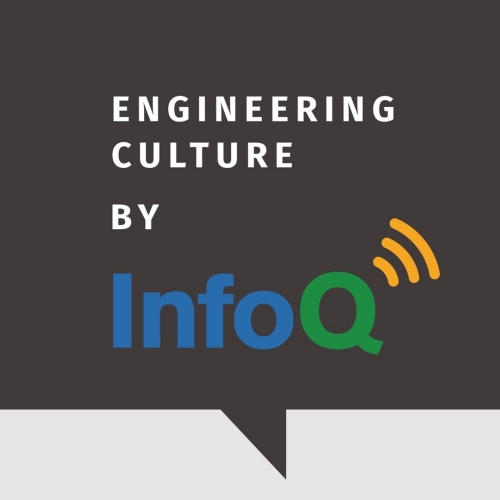Codetown
Codetown ::: a software developer's community
Jun 4, 2016: Nat'l Day of Civic Hacking, Orlando (& Elsewhere!)
Event Details
Time: June 4, 2016 from 8:30am to 6pm
Location: The Exchange Building (1st floor)
Street: 101 S. Garland Ave.
City/Town: Orlando, FL
Website or Map: https://www.google.com/maps?f…
Event Type: hackathon
Organized By: Code For Orlando
Latest Activity: Jun 3, 2016
Event Description
Late notice being better than none at all, note that tomorrow is the National Day of Civic Hacking for 2016, and Orlando's taking part.
So if you're in or near Orlando, you can show up to work on the kind of programming (and UX, and data management) projects that the city needs help with; at the very least, you'll have a peek at how tax money gets used in a coding context, and have a chance to make suggestions on that front. (See the event page for more details about what to bring, and what to expect.)
For more info, and to play along, you can join the Orlando hackathon's Slack channel beforehand.
Other cities are hosting their own civic hackathons tomorrow, too from Portland, Maine, to Austin, Texas, to Anchorage, Alaska (these last two already underway) -- see the searchable map on the NDCH front page for more cities.
(Hat tip to Orlando Tech Events: See their page, and -- as the saying goes -- subscribe to their newsletter to see a lot more events of interest to Central Florida.)
-------------------------
Image (c) 2011 Greg Morgan, used under Creative Commons Attribution 2.0 license.)
Notes
Welcome to Codetown!
 Codetown is a social network. It's got blogs, forums, groups, personal pages and more! You might think of Codetown as a funky camper van with lots of compartments for your stuff and a great multimedia system, too! Best of all, Codetown has room for all of your friends.
Codetown is a social network. It's got blogs, forums, groups, personal pages and more! You might think of Codetown as a funky camper van with lots of compartments for your stuff and a great multimedia system, too! Best of all, Codetown has room for all of your friends.
Created by Michael Levin Dec 18, 2008 at 6:56pm. Last updated by Michael Levin May 4, 2018.
Looking for Jobs or Staff?
Check out the Codetown Jobs group.
InfoQ Reading List
Rspack Releases Version 1.7: Final 1.x Update Before 2.0 Transition

Rspack 1.7 has launched, enhancing performance and plugin compatibility as it prepares for a major version transition. Key features include improved SWC plugin compatibility, native asset importing as bytes, and default lazy compilation for dynamic modules. With performance gains reported up to 80%, Rspack offers a faster, Rust-based alternative to webpack while maintaining API compatibility.
By Daniel CurtisPresentation: WASM Components are a FaaS' Best Friend

Laurent Doguin shares why Wasm’s cold-start performance and security model make it the ideal FaaS runtime. He discusses the WebAssembly Component Model for polyglot interoperability and explains how to build distributed, provider-based architectures using CNCF wasmCloud and NATS. Ideal for architects looking to scale "scale-to-zero" infrastructure without the overhead of heavy containers.
By Laurent DoguinArticle: Autonomous Big Data Optimization: Multi-Agent Reinforcement Learning to Achieve Self-Tuning Apache Spark

This article introduces a reinforcement learning (RL) approach grounded in Apache Spark that enables distributed computing systems to learn optimal configurations autonomously, much like an apprentice engineer who learns by doing. The author also implements a lightweight agent as a driver-side component that uses RL to choose configuration settings before a job runs.
By Hina GandhiPodcast: The Technical Founder's Path: Code, Leadership, and Balance

In this podcast, Shane Hastie, Lead Editor for Culture & Methods, spoke to Trisha Ballakur about transitioning from coder to startup CEO, balancing technical leadership with business development, and avoiding burnout on the journey.
By Trisha BallakurMicrosoft Adds Custom Copilot Agents for .NET Developers with C# and WinForms Experts

Microsoft and GitHub have expanded the Copilot ecosystem with the first .NET-focused GitHub Copilot custom agents, designed to improve productivity and code quality for C# and Windows Forms developers. The announcement, part of the broader Copilot custom agents’ rollout, introduces two purpose-built agents: C# Expert and WinForms Expert in the form of agent instruction Markdown files.
By Edin Kapić
© 2026 Created by Michael Levin.
Powered by
![]()
RSVP for Jun 4, 2016: Nat'l Day of Civic Hacking, Orlando (& Elsewhere!) to add comments!
Join Codetown